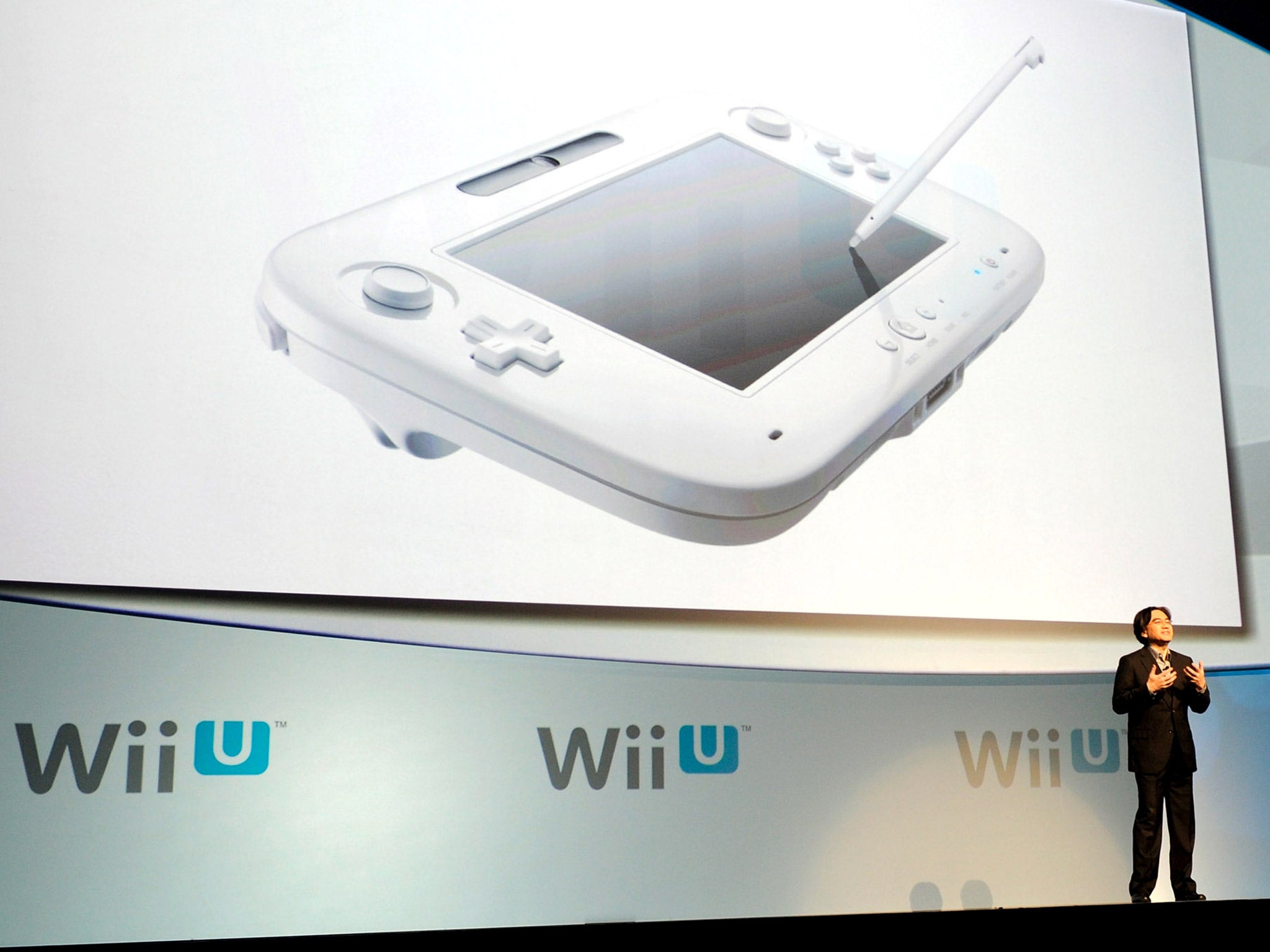Nintendo chief says company must give gamers better value for money

Your support helps us to tell the story
From reproductive rights to climate change to Big Tech, The Independent is on the ground when the story is developing. Whether it's investigating the financials of Elon Musk's pro-Trump PAC or producing our latest documentary, 'The A Word', which shines a light on the American women fighting for reproductive rights, we know how important it is to parse out the facts from the messaging.
At such a critical moment in US history, we need reporters on the ground. Your donation allows us to keep sending journalists to speak to both sides of the story.
The Independent is trusted by Americans across the entire political spectrum. And unlike many other quality news outlets, we choose not to lock Americans out of our reporting and analysis with paywalls. We believe quality journalism should be available to everyone, paid for by those who can afford it.
Your support makes all the difference.Videogame giant Nintendo says it is becoming more difficult to satisfy consumers willing to spend money on full price games.
The Japanese company's president Satoru Iwata told investors it needed to take more time over forthcoming titles.
He said developers needed to add the final touches that are increasingly demanded by a gaming audience seeking added value for money.
Mr Iwata's comments, which came during Nintendo's financial results briefing, came as the Wii U struggles to make an impact on the market.
Nintendo had forecast software sales of 16 million by January but sales by the end of March stood at 13.42 million. Last week Mr Iwata blamed relatively poor hardware sales – it sold 3.45m by the end of March compared to its initial projection of 5.5 million - on the lack of strong first party games. Nintendo declined 5.9 per cent to 11,240 yen, the largest drop since September 2011.
Mr Iwata said Nintendo had planned to release more of its own games during the January to June period this year but said delays were needed to ensure that those titles met high standards.
“The reason for the delayed release of our first-party titles was the fact that completing the games released at the same time as the launch of Wii U required more development resources than expected, so some staff members from development teams working on other titles had to help complete them,” he said.
Experts have suggested that inexpensive games on platforms such as Android and Apple's iPhone have changed the perception of value for gamers.
Digital distribution – that is, games which can be downloaded over the internet rather than bought in packaging in shops – has lowered costs. Developers who produce games for smartphones also benefit from a large, potential audience for their titles.
Mr Iwata, who last May said he did not agree that digitally distributed software had less value and said it would offer packaged and non-packaged games at the same price, said: “It is true that it is becoming increasingly challenging to meet the expectations of consumers who are willing to pay $50-$60 for a game, and it is difficult to break even unless a huge number of units is sold all over the world, so it cannot be denied that software development is becoming more challenging.”
There was more bad news for Nintendo as a survey showed that two-thirds of gamers were unable to name a single exclusive release for the console.
A survey of more than 1,500 gamers by the website VoucherCodesPro asked ‘Do you own a Wii U?’ to which only 8 per cent of respondents said that they did. When asked if they could name an exclusive game for the platform, 64% of respondents said they could not.
Exclusive games, however, include Nintendo Land, New Super Mario Bros. U and ZombiU.
George Charles, a spokesman for VoucherCodesPro, said: “Cross platform games are usually huge news in the gaming world, as there’s a concerted drive from all platforms to push awareness. But with its unique approach to game play, the Wii U has its own niche in the market; a niche that it’s clearly struggling to fill.
“With sales falling and the original Wii appearing to be more popular, despite being six years older, it doesn’t look like the Wii U will ever manage to realise its potential.”
Join our commenting forum
Join thought-provoking conversations, follow other Independent readers and see their replies
Comments